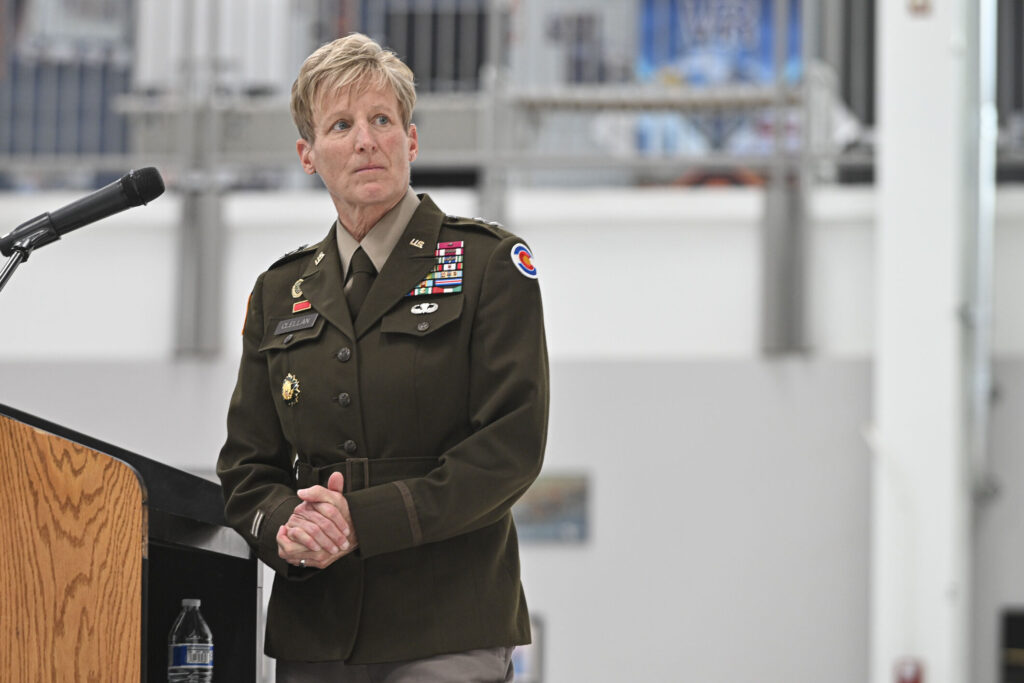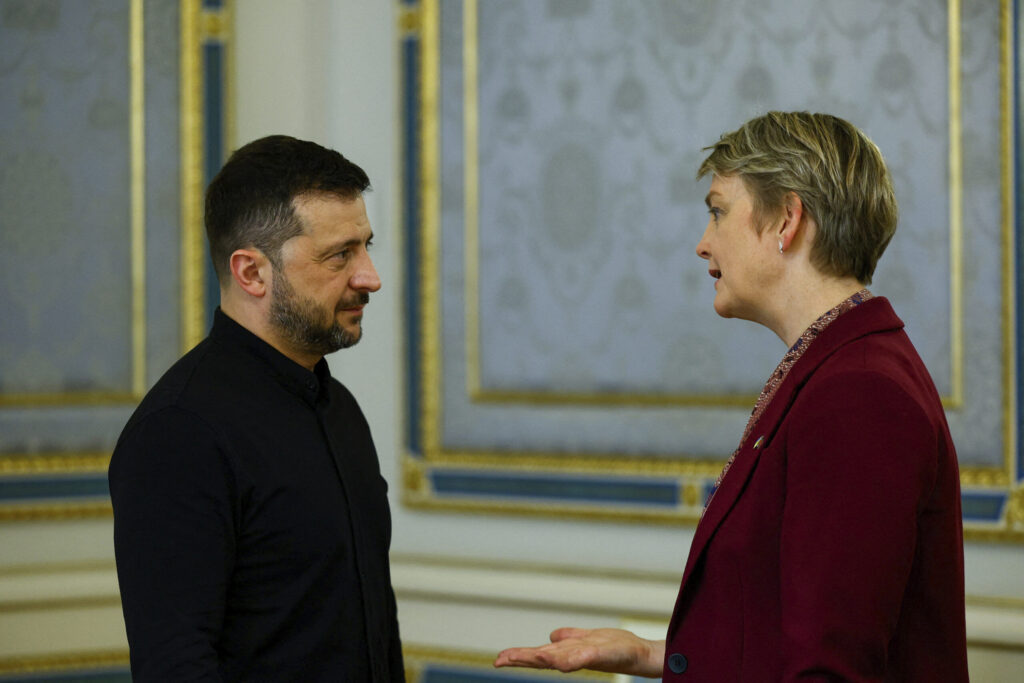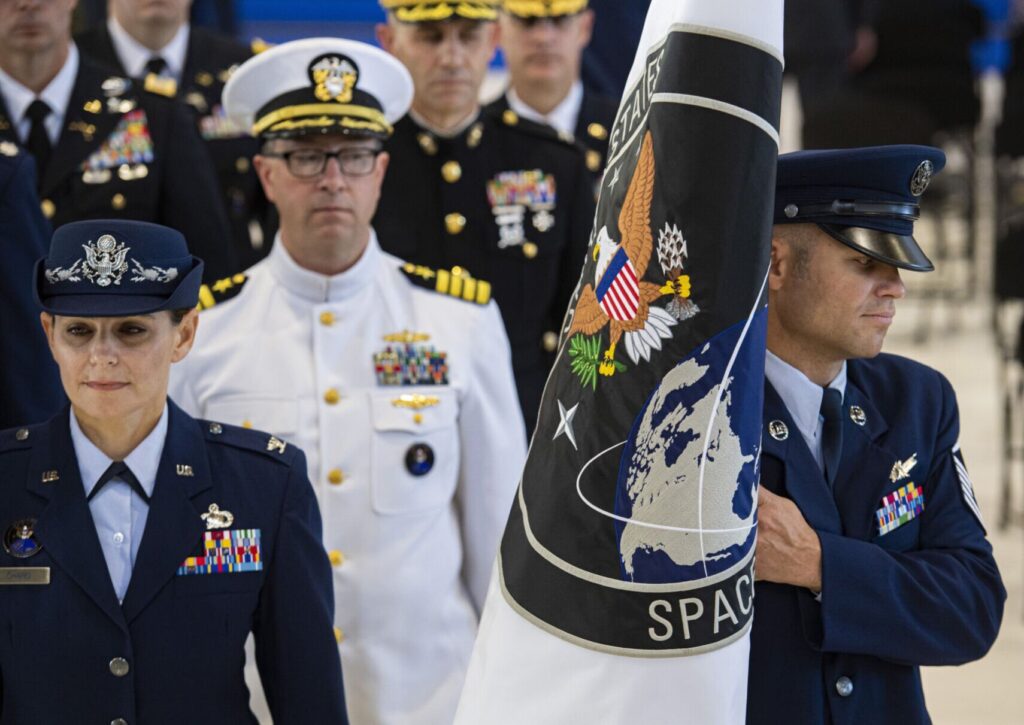Trump promises to use the military to help enforce immigration laws, as he labels drug cartels ‘terrorists’
President Donald Trump on Monday promised to crack down on illegal immigration using the military, reinstate troops discharged for refusing the COVID-19 vaccine and classify drug cartels as terrorist groups.
While classifying groups as terrorists likely summons images of the decades of conflict in Iraq and Afghanistan, such action by itself wouldn’t send troops into Mexico. Congress would have to act to authorize war.
But the label of “terrorist group” raises the prospect of military action and that could escalate fast, wrote Brian Michael Jenkins, a Rand expert in an analysis.
“U.S. missile strikes could easily escalate into a broader conflict, making a terrible situation even worse,” he wrote. “Drug cartels could easily turn into real terrorist organizations. Over 1 million U.S. ex-pats live or work in Mexico. They and their firms could become targets for reprisals. With connections to gangs in the United States, terrorist attacks could occur here as well, provoking further American responses.”
It could also hurt trade with Mexico and trigger more northbound immigration as Mexican residents flee the conflict, Jenkins said.
On its own, the terrorism label by the State Department would only make it illegal to support the groups in any way, explained Professor Rachel E. VanLandingham, a national security law expert at the Southwestern Law School in Los Angeles. She is also an Air Force Academy graduate and a retired Air Force lieutenant colonel who served as an attorney.
“It has nothing to do with whether or not the United States military can be used domestically or overseas against that particular group,” she said.
However, Trump could act without Congressional approval to use the military to enforce domestic immigration laws and set up camps to hold immigrants. Under the Insurrection Act, the action would be lawful and constitutional, she said.
“The law allows an incredible amount of discretion,” VanLandingham said, and with a Republican-held U.S. House and U.S. Senate, she doesn’t expect it will change soon.
Beyond the legal question is an important consideration: Whether the military is properly trained for such action, whether round-ups would function as a distraction from other conflicts and whether they would hurt an already bad recruitment environment, she said.
Generally, the National Guard supports the enforcement of domestic laws and receives training for those missions, VanLandingham said. They also assist with securing the southern border by providing help with monitoring for illegal border crossings and transportation support, but not directly enforcing the law, according to Northern Command.
In a statement shared with the Associated Press, U.S. Northern Command, which is in charge of troops under federal orders at the border, said it is authorized to send as many as 2,500 troops.
There are now about 800 military members under federal orders at the border, a third defense official said, speaking on the condition of anonymity to share details on troop totals. That total does not include the troops there under state National Guard deployments.
Trump promised to send more troops to the border to “repel the disastrous invasion of our country.”
But it is unknown if they would take on more responsibility than the National Guard units.
In 2023, under former President Joe Biden, Northern Command oversaw a surge of 1,500 troops to help with data entry, warehousing and monitoring efforts to free up Customs and Border Patrol for enforcement tasks.
In addition to previewing large immigration enforcement, Trump also promised reinstatement with back pay for those who were discharged for refusing to get the COVID-19 vaccine.
Previously, a 2023 order from the Secretary of Defense allowed service members to petition for a change of discharge status if they received an other than honorable discharge for refusing the vaccine. A small number — fewer than 50 — of the more than 8,000 troops discharged under the vaccine order had rejoined in 2023, CNN reported.










